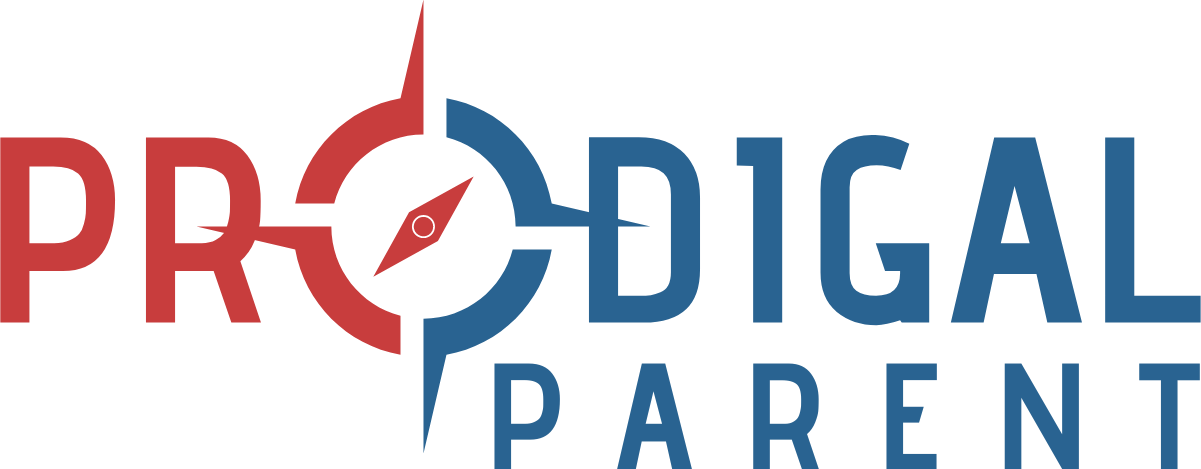
When Your Child Struggles with Addiction: Hope, Help, and Holding On
“For I know the plans I have for you,” declares the Lord, “plans to prosper you and not to harm you, plans to give you a hope and a future.”
— Jeremiah 29:11
Introduction: A Parent’s Heartbreak
As a parent, nothing is more painful than seeing your child in distress—especially when they are struggling with addiction. The dreams and hopes you once had for them seem to be slipping away. It’s hard to know where to turn or what to do next. The weight of guilt, confusion, and fear can feel overwhelming. But in this moment, there is hope.
At A Prodigal Parent, we understand the depth of your pain, and we want to walk beside you as you navigate this heartbreaking journey. Addiction doesn’t have the final word over your child’s life, and God’s grace is greater than anything that feels impossible right now.
Understanding Addiction: The Struggle is Real
Before you can begin to support your child, it’s essential to understand that addiction is not a reflection of your parenting or your child’s character. Addiction is a disease that takes control of the mind and behavior. It changes the brain in ways that make it incredibly difficult for your child to stop on their own.
The Science of Addiction:
Addiction affects the brain's reward system, causing an individual to crave substances or behaviors that provide temporary relief, despite the long-term consequences. Your child’s addiction is a result of a complex interplay of genetic, psychological, and environmental factors—not just bad choices.
While it’s painful to witness, your love and support are still crucial in helping them heal. But you cannot cure addiction—only provide the environment for recovery, boundaries, and unconditional love.
Hope for Parents: You Are Not Alone
One of the most isolating aspects of dealing with a child’s addiction is the feeling of being alone in your struggle. Many parents feel like no one understands their pain, or they fear judgment. But you are not alone.
At A Prodigal Parent, we encourage you to reach out for help. Seeking support from others who have walked this path will remind you that you are not isolated, and that healing is possible—not just for your child, but for you too.
How to Find Hope in the Midst of Struggle:
Connect with Other Parents: Join support groups where you can share your story and receive guidance. Groups like Parents of Addicted Loved Ones (PAL) or Al-Anon provide a safe space to talk about your fears, frustrations, and struggles with others who understand.
Turn to Faith: In times of uncertainty, faith can be a powerful anchor. Trust in God’s plan for your child, even when it feels like things are out of control. He is with you, and His love for you and your child never fades.
Never Stop Praying: The power of prayer is transformative. Pray for wisdom, strength, and healing—for your child and for you. Don’t lose heart; God is working behind the scenes, even when you cannot see it.
Setting Boundaries: Loving Without Enabling
One of the most challenging things for parents is knowing how to love without enabling. Enabling happens when you shield your child from the natural consequences of their actions—whether it’s bailing them out of legal trouble, paying for their mistakes, or making excuses for them. While these actions come from a place of love, they ultimately prevent your child from experiencing the reality of their addiction.
How to Set Healthy Boundaries:
Say No When Necessary: Loving your child means being strong enough to say no when their behavior threatens your family’s safety or well-being. Boundaries help prevent you from becoming overwhelmed and enable your child to face the consequences of their addiction.
Don’t Fund the Addiction: Never give money directly to your child if they are struggling with substance abuse. Your support should focus on their recovery (such as paying for rehab or therapy), but not on maintaining the addiction.
Don’t Rescue Them: Sometimes, the best way to show love is by allowing your child to experience the natural consequences of their actions. As painful as it is, it can be the catalyst for them to seek help.
Self-Care: Taking Care of Yourself as a Parent
While you are focusing on helping your child, it’s essential to remember that you matter too. Parents often neglect their own well-being while caring for a child in addiction, but self-care is not selfish—it’s necessary for your emotional, mental, and physical health.
Here’s how to take care of yourself during this challenging time:
Seek Therapy or Counseling: You don’t have to navigate this alone. A therapist can provide guidance and help you cope with the emotional burden you’re carrying.
Join a Support Group: Organizations like Al-Anon or PAL offer support and practical advice. Speaking with others who have gone through similar experiences can be incredibly reassuring.
Spend Time with Loved Ones: Don’t isolate yourself. Reach out to friends and family who can offer encouragement, strength, and a listening ear.
Take Time for Yourself: Engage in activities that restore your energy—whether it’s going for a walk, practicing meditation, or simply taking a break from the situation.
Lean on Your Faith: Turn to scripture, prayer, and your faith community for spiritual strength. God is there, offering peace that surpasses all understanding.
When to Seek Professional Help for Your Child
Sometimes, your child will need professional intervention. Addiction recovery is complex, and there may be times when your child can’t recover on their own. In these moments, seeking rehab or therapy is a critical step.
Signs You Should Seek Help:
Denial: If your child refuses to admit they have a problem, professional intervention might be necessary.
Dangerous Behavior: If your child’s addiction is leading to unsafe actions (like driving while intoxicated, or being involved in criminal activity), it’s time to get professional help.
You Are at Your Breaking Point: If the emotional toll is overwhelming, you need to seek outside help for both yourself and your child.
There are faith-based rehab centers and counseling services that understand addiction from a spiritual perspective and can provide both recovery and healing for the entire family.
Hope for the Future: Believe in Redemption
While the road to recovery is often long and filled with challenges, it’s not the end of the story. Redemption is possible, and your child’s journey isn’t over until God says it is. Many who have struggled with addiction find freedom and healing through professional treatment, faith, and the support of a loving community.
Scriptures for Strength:
“But the Lord is faithful, and He will strengthen you and protect you from the evil one.” — 2 Thessalonians 3:3
“Weeping may stay for the night, but rejoicing comes in the morning.” — Psalm 30:5
“For nothing is impossible with God.” — Luke 1:37
Through it all, continue to hold on to hope. Your prayers, your love, and your strength can make a difference, even when it feels like there’s no progress. Trust that God is at work.
Conclusion: Keep Holding On
The pain of watching your child struggle with addiction can feel unbearable at times. But you are not alone. God’s plan for your child isn’t over, and there is always hope for healing and restoration. Through boundaries, self-care, prayer, and seeking professional help, you can navigate this difficult journey without losing yourself in the process.
Keep holding on. Your story is still unfolding.
Download Our Free Guide on Setting Boundaries: Struggling to say no? Download our free guide on "Introduction to Substance Abuse" and learn how to create healthy boundaries that protect both you and your child.

